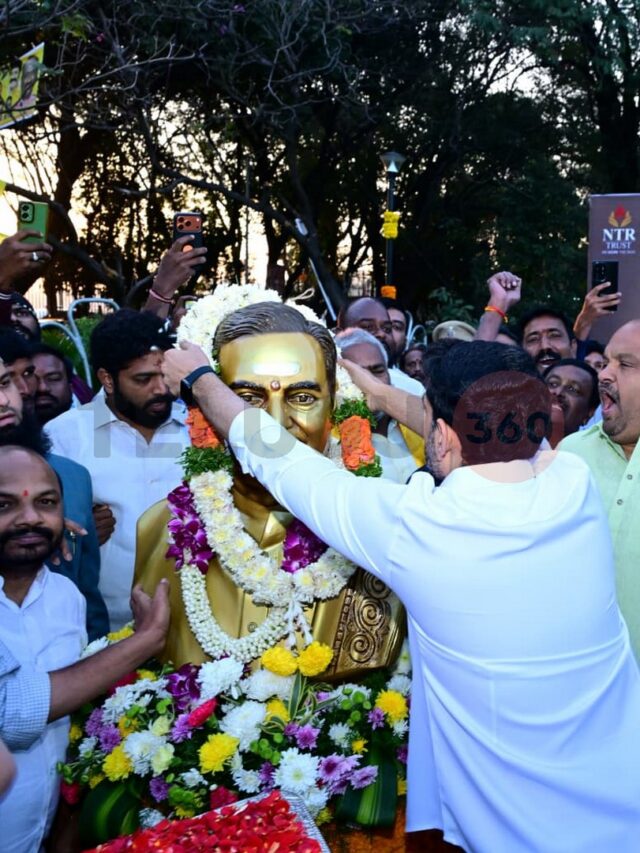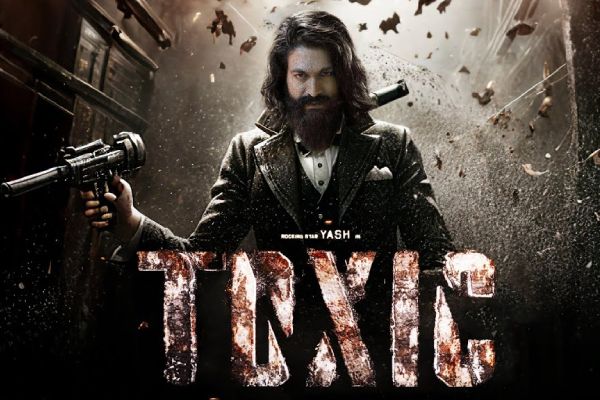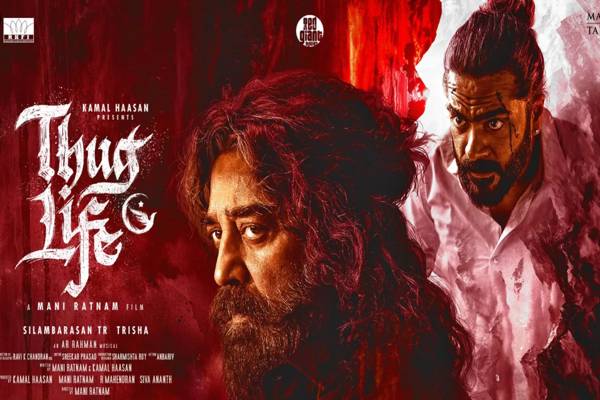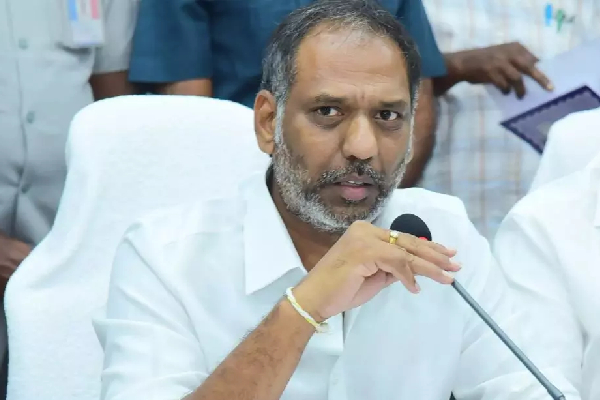Renowned actor and politician Kamal Haasan, known for his extraordinary contributions to cinema, has unwittingly sparked a major controversy in Karnataka stemming from a singular comment regarding the Kannada language. During a promotional event for his upcoming movie Thug Life, Haasan remarked, “Kannada was born out of Tamil.” This statement ignited a political and cultural uproar, rallying opponents across the region in indignation. The reaction was swift and emphatic. The Karnataka Film Chamber of Commerce (KFCC) intervened, cautioning that Thug Life would be barred from screening in Karnataka unless Haasan issued a public apology by May 30. KFCC president M Narasimhalu indicated that discussions with the actor were underway, stressing the need for an apology amid escalating pressure from Kannada activist groups. “We acknowledge that his comments were inappropriate,” Narasimhalu told PTI, highlighting the significance of linguistic pride in the state.
Former KFCC president Sa Ra Govindu issued a more severe warning, threatening a total ban on the film’s release should Haasan neglect to apologize. Reflecting the sentiments of many Kannada speakers, he stated, “We will not show any leniency. In the absence of an apology, the protests will be intense.” Actress and former KFCC leader Jayamala strengthened the solidarity among Kannada speakers regarding language matters, underscoring the ethical obligation to acknowledge and apologize for actions that offend cultural values.
The situation quickly escalated beyond the film industry, drawing criticism from the leading political figures in Karnataka. BJP state leader BY Vijayendra accused Haasan of showing a lack of respect towards Kannada and demanded an outright apology. Chief Minister Siddaramaiah echoed this sentiment, highlighting the rich and autonomous history of the Kannada language. Protests erupted in various locations, with posters set ablaze and calls for boycotts resonating in Bengaluru, Mysuru, and Hubballi.
In light of the backlash, Kamal Haasan characterized his comment as a “statement of love,” asserting that historians had shaped his perspective on linguistic ancestry. He maintained that he did not intend to offend and referenced Tamil Nadu’s diverse political history to illustrate the harmony among different communities. Nonetheless, his explanation did little to calm his detractors, many of whom viewed it as inadequate and belated. In Karnataka, there is a clear message: respect regarding language is imperative, and the impact of words extends well beyond the realm of cinema.





































